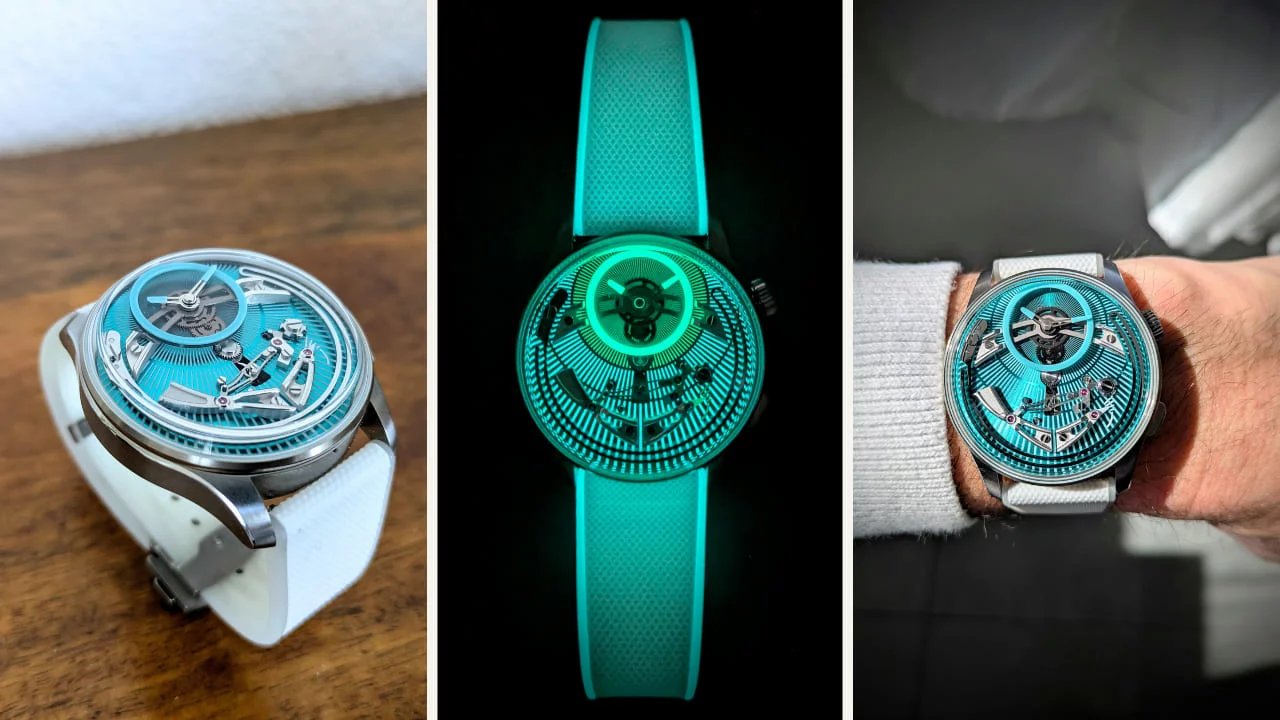Key Takeaways:
- Watches can be expensive due to various factors, including the use of high-quality materials, intricate craftsmanship, brand reputation, limited production, and technological advancements.
- Luxury watches often incorporate precious metals, gemstones, and intricate complications, which significantly contribute to their high price.
- The reputation and heritage of watch brands also play a significant role in pricing.
- Limited production and exclusivity can make watches more expensive.
- Technological advancements, such as automatic movements and innovative features, can increase the cost of watches.
Introduction:
Watches have been a symbol of style, status, and craftsmanship for centuries. From simple timekeeping devices to intricate masterpieces, watches come in various forms and price ranges. While some watches are affordable and cater to a wider audience, there are also watches that come with a hefty price tag. In this article, we will explore the reasons why watches are so expensive and the factors that contribute to their high price.
Quality Materials and Craftsmanship
Precious Metals and Gemstones
Watches that fall into the luxury category often incorporate high-quality materials such as precious metals and gemstones. Gold, platinum, and stainless steel are commonly used in watch cases and bracelets. The use of these metals not only enhances the aesthetics but also ensures durability and longevity. The price of these materials fluctuates in the market, influencing the final cost of the watches.
Including gemstones in watches is another aspect that adds to their expense. Diamonds, rubies, and sapphires are often used as hour markers or as part of intricate designs on the dial and bezel. The rarity, size, and quality of these gemstones significantly impact the overall price of the watch.
Complications and Intricate Movements
Many luxurious timepieces are known for their intricate complications, which refer to additional functions or features beyond simple timekeeping. These complications can include chronographs, moon phases, tourbillons, perpetual calendars, and minute repeaters, among others. The creation and integration of these complications require a high level of expertise and craftsmanship, making them labor-intensive and time-consuming. As a result, watches with complications tend to be more expensive due to the added value they bring.
The movements within a watch, often referred to as calibers, play a crucial role in its price. Mechanical movements, especially those that are handmade or hand-finished, require meticulous attention to detail. The precise assembly and adjustment of tiny gears, springs, and levers demand skilled craftsmanship, which contributes to the price of the watch. The complexity and sophistication of the movement also impact its cost.
Brand Reputation and Heritage
Brand Image and Prestige
The reputation and heritage of a watch brand significantly influence its price. Established watchmakers with a long-standing history and a reputation for excellence often command higher prices. These brands have built a loyal following over the years, which adds to their prestige. Their expertise, craftsmanship, and attention to detail become synonymous with quality, elevating the desirability and price of their watches.
Research and Development
Luxury watch brands invest heavily in research and development to create innovative and advanced timepieces. The development of new technologies, materials, and manufacturing processes requires significant resources. The cost of these investments is ultimately reflected in the price of the watches. Technological advancements, such as automatic movements, anti-magnetic properties, and innovative features, can contribute to the higher prices of watches.
Limited Production and Exclusivity
Limited Editions and Collectability
Limited production is a common strategy used by watch brands to create exclusivity and drive up prices. By producing a limited number of watches, brands create a sense of rarity and desirability among collectors. Limited editions often feature unique designs, special engravings, or collaborations with other brands or personalities. The limited availability and collectability of these watches contribute to their higher price point.
H3: Handmade and Bespoke Timepieces
Some watchmakers offer bespoke services, allowing customers to customize various aspects of the watch, including the materials, complications, and design elements. These handmade and personalized timepieces require additional time and effort from the watchmakers, resulting in higher prices. The exclusivity and uniqueness of these watches make them highly sought after by collectors and enthusiasts.
FAQ
Why are luxury watches so expensive?
Luxury watches are expensive due to the use of high-quality materials, intricate craftsmanship, brand reputation, limited production, and technological advancements.
Do all expensive watches have precious metals and gemstones?
Not all expensive watches have precious metals and gemstones, but they often incorporate these materials to enhance aesthetics and increase value.
Why do luxury watch brands command higher prices?
Luxury watch brands command higher prices due to their reputation, heritage, craftsmanship, and the perceived prestige associated with their name.
How do limited editions affect the price of watches?
Limited editions create a sense of rarity and exclusivity, making the watches more desirable among collectors and driving up their prices.






